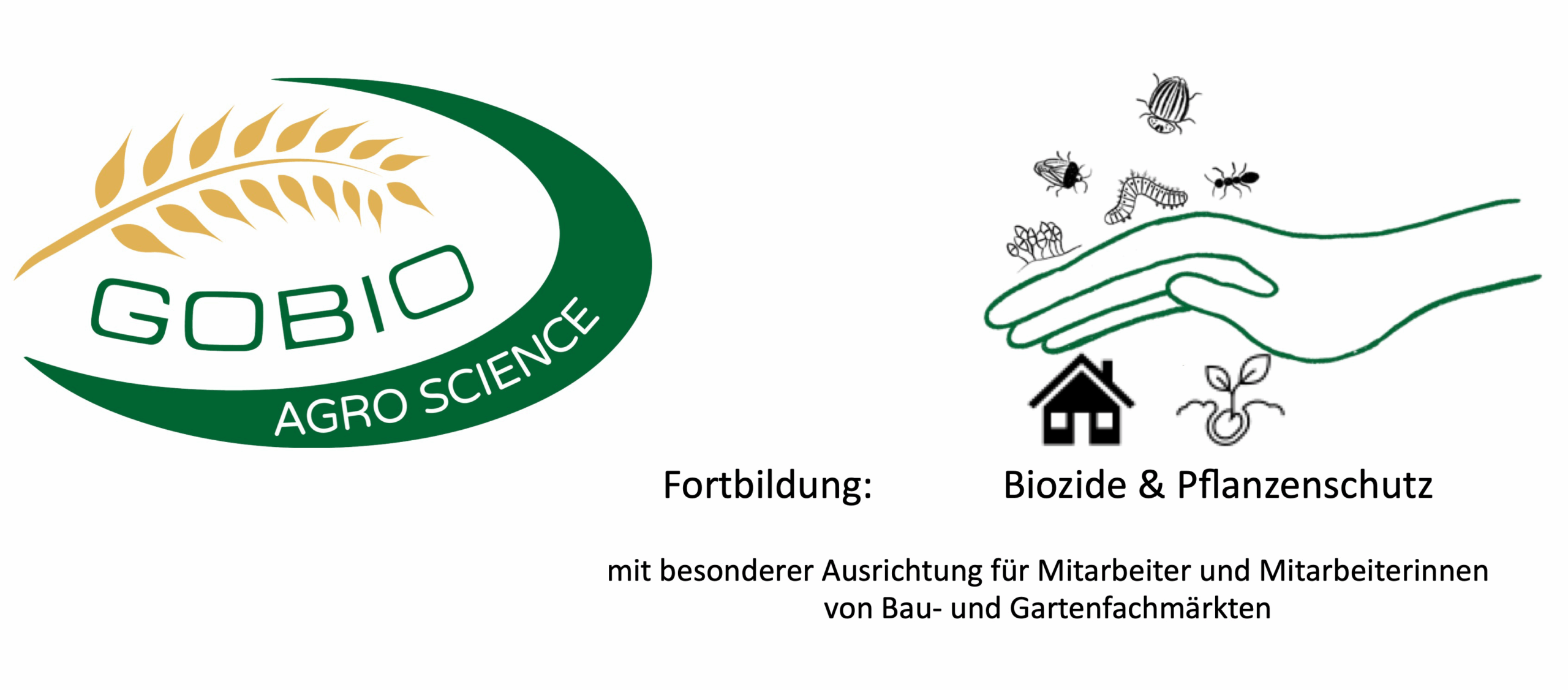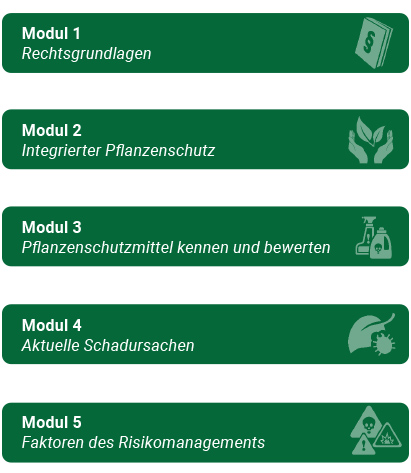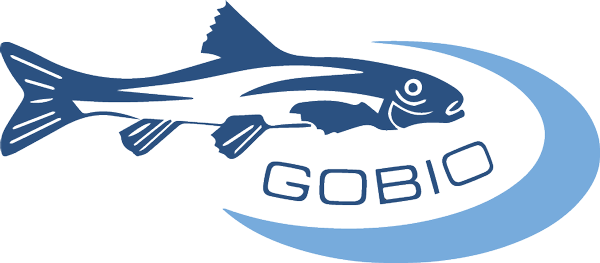The expertise to dispense plant protection products and the advanced training in biocides must be refreshed every three years through advanced training. Our 4-hour combined training course is held online and covers the topics “Legal bases“, “Knowing and evaluating plant protection products & biocides“, “Integrated plant protection & integrated pest control“, “Recognizing causes of damage” and “Risk management factors“.

Our training is
- Target group-specific: Our trainers take your questions and wishes into account when designing the training course.
- always up to date regarding the approval situation of PPPs or new pathogens.
- economical: no long journey – no travel costs.
- Interactive: break up the lesson content with a Kahoot quiz
- state recognized: Certificate of participation for expertise according to § 9 paragraph 4 of the Plant Protection Act and according to § 11 paragraph 1 number 2 of the Chemicals Prohibition Ordinance directly as PDF.

The prerequisite for participation in our training event is possession of a certificate of competence in plant protection for the dispensing of plant protection products basic qualification as well as a functioning camera and a functioning microphone on the PC.
We do not currently offer separate biocide training.
If you are interested in an online event, please contact our seminar leaders:
rolfallner@gobio-gmbh.de
l.horlacher@gobio-gmbh.de
Answers to frequently asked questions
If you have lost your certificate of competence, you must contact the authority responsible for your federal state(https://www.pflanzenschutz-skn.de). The staff will give you information on how to proceed.
If you fail to attend a training event within the training period of three years, you may not dispense/use any plant protection products for the period exceeding the three years. You may only dispense/use plant protection products again once you have attended another training course.
The following biocidal product groups must be supplied with advice:
- PT7: Coating preservatives (products used to protect coatings or coverings against microbial deterioration or algal growth in order to preserve the original surface properties of substances or objects such as paints, plastics, sealants and adhesives, binders, bindings, papers and artwork)
- PT8: Wood preservatives (products for the protection of wood, from the point of cutting in the sawmill, or wood products against infestation by wood-destroying organisms or organisms that impair wood quality, including insects)
- PT10: Protective agents for building materials (products for the protection of masonry, composite materials or other building materials except wood against infestation by harmful microorganisms and algae)
- PT14: Rodenticides (products for the control of mice, rats and other rodents by means other than remote control or baiting)
- PT18: Insecticides, acaricides and other arthropods (products for the control of arthropods (e.g. insects, arachnids and crustaceans) by means other than remote control or baiting)
- PT21: Antifouling products (products to control the growth and colonization of fouling organisms (microbes and higher plant and animal species) on watercraft, aquaculture equipment and other structures used in water)
No, only biocidal products that are classified as rodenticides, insecticides or antifouling products (see §10 Prohibition of self-service of the ChemBiozidDV).
